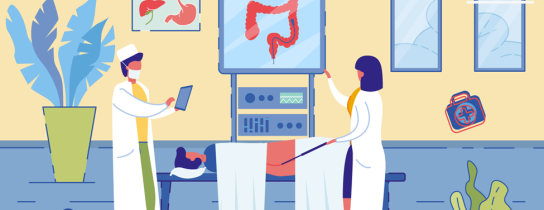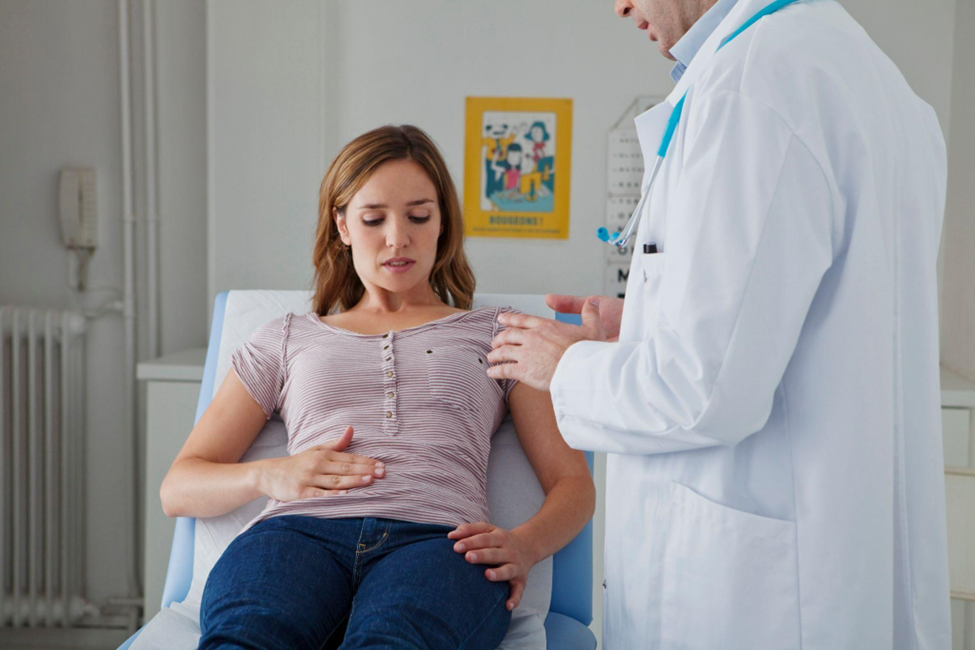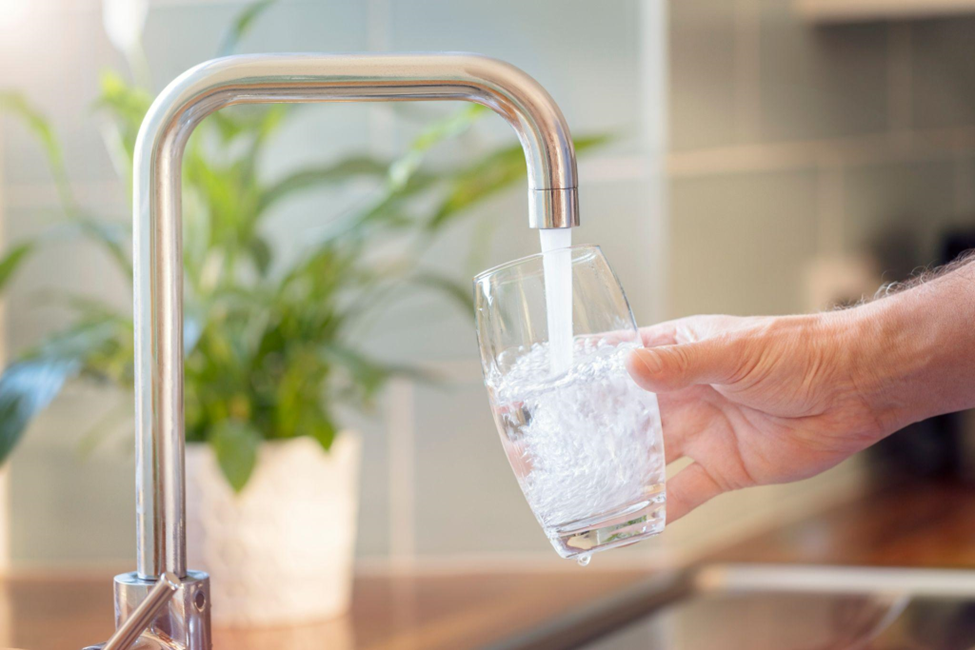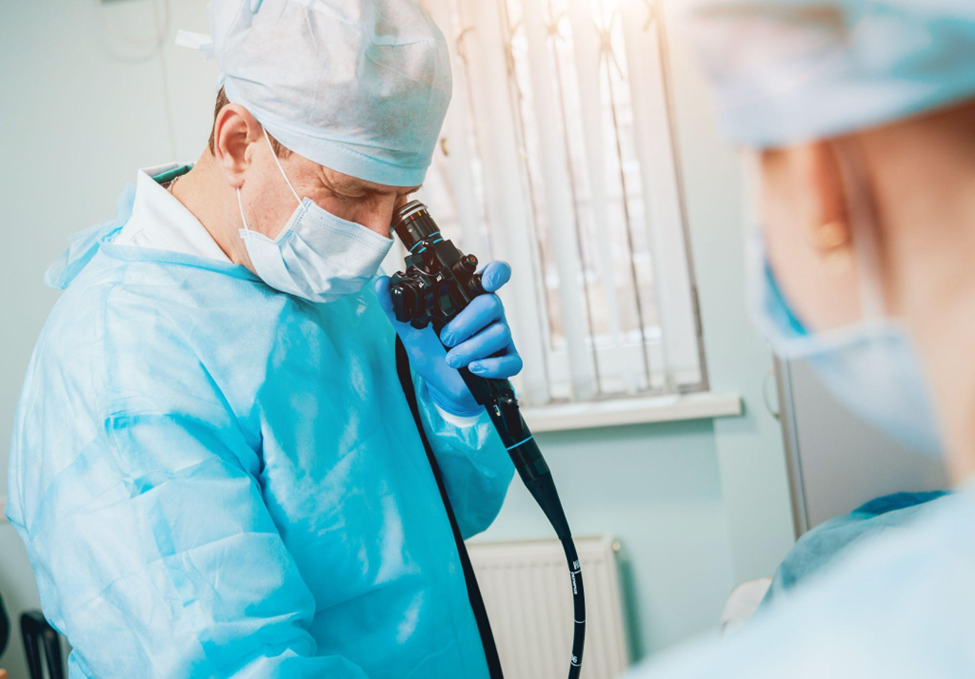
Why You Should Get a Colonoscopy
Although it isn’t the most convenient medical procedure, a colonoscopy can be a very useful health tool. Still, many fear getting a colonoscopy for several reasons. We will reveal more about the procedure, how to prepare for your colonoscopy, when you should get a colonoscopy, and more.
What Is a Colonoscopy?
A colonoscopy is a procedure that checks the colon and rectum for cancer and other abnormalities like polyps, which can develop into cancer. A gastroenterologist is a provider who performs a colonoscopy. The procedure allows your provider to see inside the rectum and colon with a lighted tube called a colonoscope.
Air is released into the colon to expand it before inserting the colonoscope—which also has a small video camera attached to it—into the colon to take pictures.
Is a colonoscopy a surgery? No, but the gastroenterologist can perform surgical procedures like polyp removal and tissue biopsy at the same time they perform a colonoscopy.
Why and When to Get a Colonoscopy

You should get a colonoscopy because at a certain age diseases can manifest in the body.
What are the signs that you should have a colonoscopy? Changes in bowel movement frequency and appearance or other symptoms which may be related to colorectal changes such as weight loss, constipation, or diarrhea are all signs that you may benefit from a colonoscopy.
When should women get a colonoscopy? Typically, age 50 is the recommended age for both men and women to have this type of test. How often should you get a colonoscopy? If one or more polyps are found, you’ll be asked to return in three to five years for another colonoscopy. If the procedure resulted in no findings, you won’t have to return for another procedure for 10 years.
Preparing for a Colonoscopy

A week prior to the test, you’ll have to avoid all grains, nuts, seeds, whole kernel corn, and raw fruit and vegetables. If you are taking any medications that increase bleeding risk, you may need to stop taking these until after your test has been completed.
Two days before your test, you should be drinking a lot of liquids. This will help to keep your body sufficiently hydrated when you begin clearing your colon of fecal matter.
Beginning 24 hours before your test, your provider will insist that you only consume clear liquids like clear broth, gelatin, no-pulp juice, and sports drinks.
The night before the test, you’ll have to empty your colon of all waste. This is done with a solution that your provider will prescribe. This solution is a laxative that will cause you to release fecal matter by turning it into diarrhea. When the colon is clean, diarrhea will become yellow or clear.
What Are the Benefits of Colonoscopy?
Getting a colonoscopy has a range of benefits. Your provider will be able to check your tissue lining to detect swollen, infected, and abnormal areas. Early detection of these symptoms means conditions can be treated before they worsen and cause other health complications.
Another reason to get a colonoscopy is that it can provide relief from the anxiety associated with worrying about unexplained symptoms. Once you know what’s causing them, you can take medication or make the right lifestyle changes that will help you to feel better.
Colonoscopies are a routine procedure, which means that the risk of complications from them is extremely low. Modern technology used to perform colonoscopies also means increased detection ability and accuracy of diagnosis.
Addressing Anxiety Surrounding Colonoscopies
It’s completely normal to experience anxiety when you’ll soon be undergoing a colonoscopy. One of the best ways to relieve pre-procedure anxiety is to educate yourself about what’s involved.
Some people prefer to speak to their gastroenterologist directly. Indeed, meeting the person who will be performing the procedure before the day of your appointment can allow you to ask questions and have them answered by an expert in the procedure.
There are also other steps you can take to address anxiety. One way is to practice breathing exercises to return you to a calm and centered state.
As you inhale, concentrate only on the feeling of the air as it enters and expands your lungs. As you exhale, concentrate only on how your lungs feel as they empty of air and contract. Repeat this exercise three or four times in one session, several times per day, or until you feel calmer.
What to Expect

Once you begin taking the prescribed solution the night before the procedure, you may experience cramping, gas, and bloating, as well as thirst. However, these are normal responses to the laxative you are taking, which is meant to clean your colon of fecal matter.
How long does a colonoscopy take? The procedure itself will take between 30 and 60 minutes to complete. You can choose to receive light sedation, which enhances relaxation but allows you to remain awake during the procedure, or sedation via IV, which will cause you to be asleep during the procedure. Your gastroenterologist can help you decide which option may be best for you.
On that day of the procedure, you’ll likely be asked to arrive 45 minutes prior to allow time for sedation and other preparations to occur. Does a colonoscopy hurt? No; the majority of people feel no pain during colonoscopy.
After completion, you’ll be moved into a recovery area until your sedation has worn off. Although it may be embarrassing, you’ll likely feel the need to pass the gas released into your rectum during the procedure, and should do so.
Important: Even though complications with colonoscopies are very rare, they can occur. Therefore, it’s important to notify your doctor right away if you notice any of the following after your procedure:
- Rectal bleeding
- Fever
- Vomiting
- Severe abdominal pain
Colonoscopy is a vital and potentially life-saving health tool. Gastroenterology at Crystal Run Healthcare offers state-of-the-art colonoscopy procedures performed by academically trained, world-class gastroenterologists. Visit us online for more information about our gastroenterology services and to book your appointment.

 Optum Radiology at Crystal Run Healthcare
Optum Radiology at Crystal Run Healthcare Same and next-day pediatric appointments
Same and next-day pediatric appointments